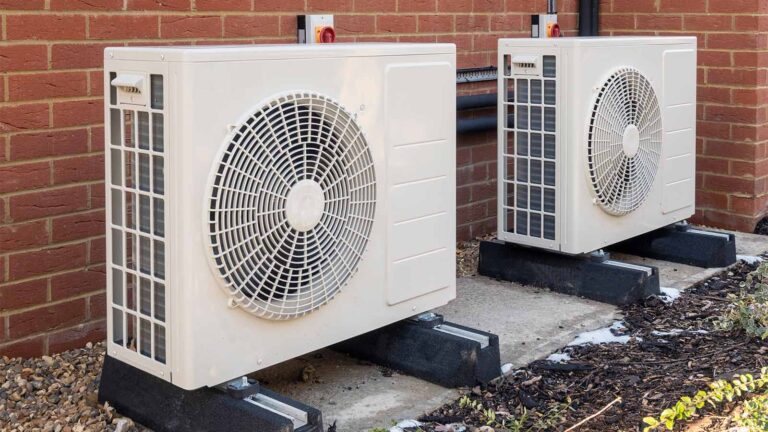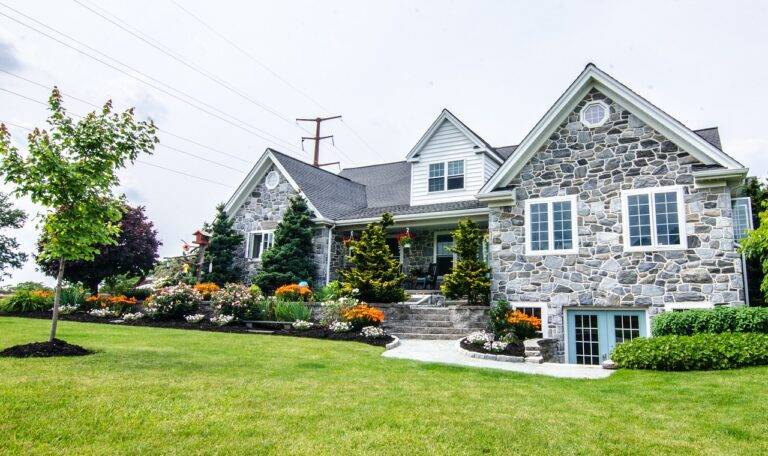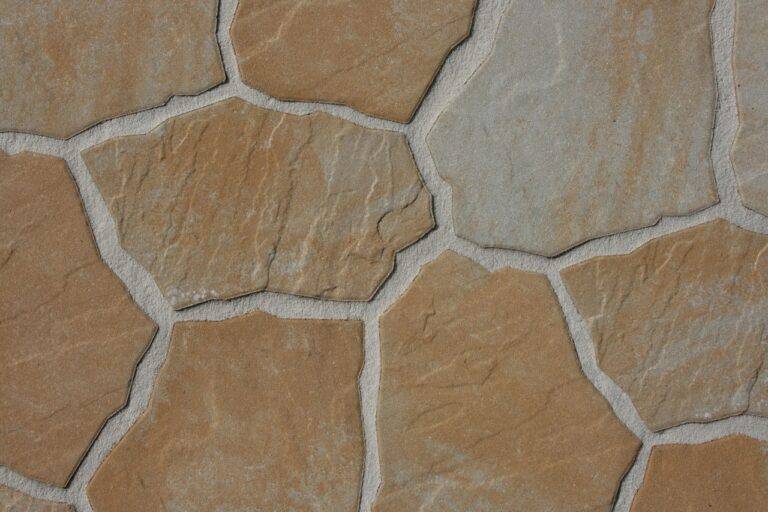The Advantages of Geothermal Heating and Cooling Systems
Geothermal heating and cooling systems are a sustainable and efficient way to regulate indoor temperatures by harnessing the natural heat stored in the earth. These systems use the constant temperature of the earth to heat and cool buildings, providing numerous benefits for homeowners and businesses alike. In this article, we will explore the advantages of geothermal heating and cooling systems in detail.
1. Energy Efficiency
One of the primary advantages of geothermal heating and cooling systems is their high energy efficiency. These systems can deliver up to four units of energy for every one unit of electricity used to power them, making them much more efficient than traditional heating and cooling systems. By harnessing the heat stored in the earth, geothermal systems can provide consistent and reliable heating and cooling without the need for extensive energy consumption.
2. Cost Savings
While the initial cost of installing a geothermal heating and cooling system may be higher than traditional systems, the long-term cost savings are significant. Geothermal systems can reduce heating and cooling costs by up to 70%, saving homeowners and businesses money on their energy bills. Additionally, geothermal systems require minimal maintenance, resulting in further cost savings over time.
3. Environmental Benefits
Geothermal heating and cooling systems are environmentally friendly, producing significantly lower greenhouse gas emissions compared to traditional heating and cooling systems. By using renewable energy from the earth, geothermal systems help reduce carbon footprints and decrease reliance on fossil fuels. This makes geothermal systems a sustainable and eco-friendly choice for heating and cooling needs.
4. Durability and Longevity
Geothermal heating and cooling systems are known for their durability and longevity. The components of these systems are typically placed underground, protecting them from weathering and wear. As a result, geothermal systems can last for decades with minimal maintenance, providing reliable heating and cooling for years to come. This longevity makes geothermal systems a cost-effective and practical investment for homeowners and businesses.
5. Quiet Operation
Unlike traditional heating and cooling systems that can be noisy and disruptive, geothermal systems operate quietly and efficiently. The components of geothermal systems are located underground, reducing noise levels and creating a peaceful indoor environment. This quiet operation makes geothermal systems a popular choice for residential and commercial properties where quiet and comfort are important.
6. Increased Property Value
Installing a geothermal heating and cooling system can increase the value of a property. Potential buyers are attracted to homes and buildings with energy-efficient and environmentally friendly features, such as geothermal systems. By investing in a geothermal system, homeowners can enhance the value of their property and make it more appealing to prospective buyers in the future.
FAQs
1. How does a geothermal heating and cooling system work?
A geothermal heating and cooling system works by utilizing the constant temperature of the earth to heat and cool buildings. Heat from the earth is transferred to the building in the winter, while heat is transferred from the building to the earth in the summer, providing efficient and reliable heating and cooling.
2. Are geothermal systems suitable for all climates?
Geothermal systems are suitable for most climates, as they can provide consistent heating and cooling throughout the year. However, the size and configuration of the system may need to be adjusted based on climate conditions to ensure optimal performance.
3. What is the lifespan of a geothermal heating and cooling system?
Geothermal systems are known for their durability and longevity, with most systems lasting for 20 years or more. With proper maintenance and care, geothermal systems can provide reliable heating and cooling for decades.
4. Are geothermal systems eligible for tax credits or incentives?
Yes, geothermal heating and cooling systems are eligible for tax credits and incentives in many areas. Homeowners and businesses may be able to receive financial incentives for installing a geothermal system, making it a cost-effective and attractive option for heating and cooling needs.
5. How much does it cost to install a geothermal heating and cooling system?
The cost of installing a geothermal heating and cooling system can vary depending on factors such as the size of the system, the type of loop system used, and the location of the property. While the initial cost may be higher than traditional systems, the long-term cost savings and benefits of geothermal systems make them a worthwhile investment.
In conclusion, geothermal heating and cooling systems offer numerous advantages for homeowners and businesses, including energy efficiency, cost savings, environmental benefits, durability, quiet operation, and increased property value. By harnessing the natural heat stored in the earth, geothermal systems provide reliable and sustainable heating and cooling solutions, making them a smart choice for those looking to reduce their energy consumption and environmental impact.







